Building Defense Against Accusations: RF Securities Regulation Strategies
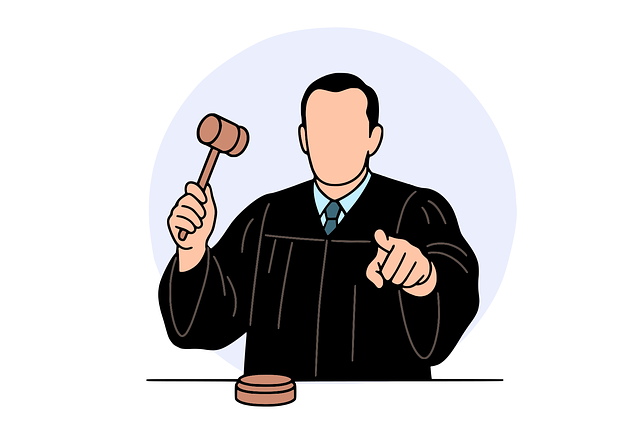
Mastering RF Securities Regulations is essential for building a defense against false accusations in…….
In today’s digital age, where information spreads rapidly, individuals and organizations face unprecedented challenges in protecting their reputations against false accusations. The impact of online platforms and social media has amplified the reach of these accusations, often with severe consequences. This comprehensive article aims to explore the intricate process of building a robust defense against false allegations, providing valuable insights for those navigating this complex landscape. We will delve into various aspects, from understanding the fundamentals to examining global trends, economic implications, technological innovations, and policy frameworks. By the end, readers will grasp the importance of effective reputation management and the strategic approaches to countering false accusations.
“Building a Defense Against False Accusations” refers to the proactive and reactive strategies employed to protect an individual or entity’s reputation when faced with baseless or inaccurate allegations. This process involves a multi-faceted approach, encompassing legal measures, public relations tactics, online monitoring, crisis management, and strategic communication. Key components include:
The practice of defending against false accusations is not new, but its complexity has evolved dramatically with the advent of digital communication. Historically, libel and defamation laws formed the backbone of legal defenses, offering protection against baseless public criticisms. However, the rise of social media and online review sites has created a new arena where anyone can make allegations that reach a global audience instantly. This shift underscores the growing importance of comprehensive reputation management strategies.
Today, as information is readily accessible, individuals and organizations must be proactive to safeguard their reputations. The consequences of false accusations can be severe, impacting careers, businesses, and personal relationships. Thus, building a defense against such allegations has become an essential aspect of risk management and crisis preparedness.
The phenomenon of false accusations is not confined to any specific region, but certain factors contribute to its global impact:
False accusations can significantly affect economic systems:
Reputation risk is a critical factor for investors:
Technology plays a pivotal role in both the spread of false accusations and the defense against them:
The legal landscape governing false accusations and defamation varies across jurisdictions:
Governments and regulatory bodies worldwide are taking steps to address the challenges posed by online misinformation:
A luxury hotel chain faced a reputation crisis after a series of false negative reviews on popular travel sites. They employed a multi-faceted strategy:
A prominent political figure became the target of a false rumor campaign on social media, threatening their re-election prospects. Their team’s actions:
A tech startup, following a successful funding round, faced scrutiny from investors and media outlets over alleged data privacy violations. Their reputation management approach:
Building a defense against false accusations is a complex yet vital process in the modern world. It involves a blend of legal, technological, and strategic communication solutions. As the digital landscape continues to evolve, so too will the challenges related to reputation management. By staying informed about global trends, economic implications, and technological advancements, individuals and organizations can better navigate these complexities and safeguard their hard-earned reputations.
Q: How do I know if an accusation against me is false?
A: Start by verifying the information through multiple reliable sources. Cross-reference facts, dates, and details with credible witnesses or documents. Legal professionals can assist in this fact-checking process.
Q: What should I do immediately after a false accusation?
A: Act swiftly. Gather evidence of the false claim, consult legal counsel, and develop a strategic response plan. Initial reactions should be measured to avoid amplifying the issue.
Q: Can social media platforms help in defending against false accusations?
A: Yes, they can provide valuable insights through monitoring tools. However, remember that these platforms also have their limitations, and online speech is protected by law in many jurisdictions.
Q: How important is crisis communication during a reputational crisis?
A: Crisis communication is critical as it allows for proactive engagement with stakeholders. A well-crafted message can mitigate damage, demonstrate accountability, and show the organization’s commitment to resolving the issue.
Q: What role does legal action play in defending against false accusations?
A: Legal action offers remedies when false accusations violate defamation laws. It can include removing false content, seeking damages, or taking other appropriate measures to protect one’s rights and reputation.

Mastering RF Securities Regulations is essential for building a defense against false accusations in…….
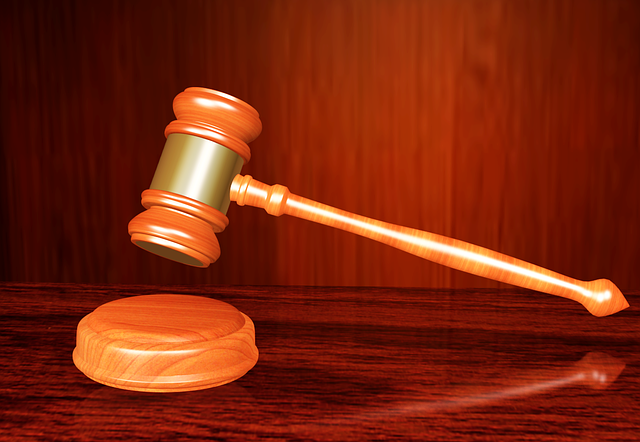
RF Regulatory Agency investigations can disrupt businesses accused of standard violations. Understan…….

Securities class actions empower investors to fight back against false accusations, ensuring justice…….
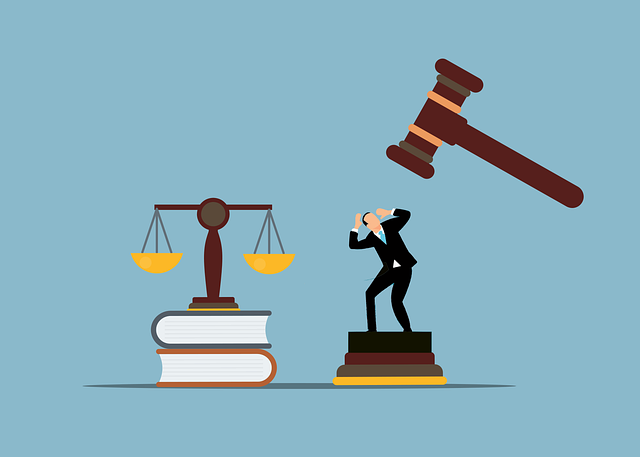
Whistleblower Protection Laws are essential for safeguarding individuals exposing illegal activities…….
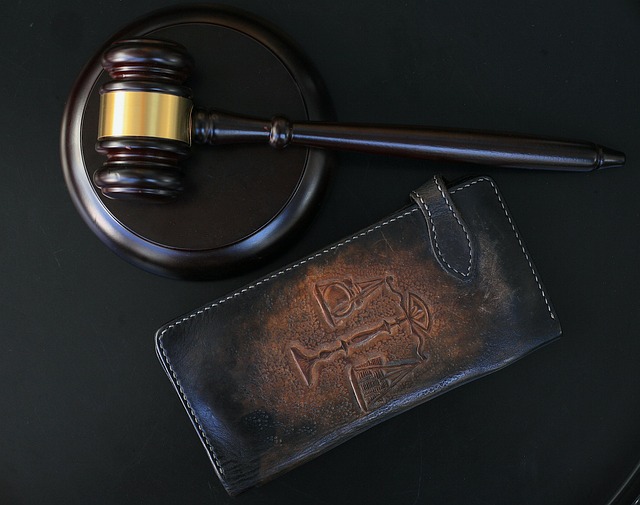
Fraudulent financial practices have evolved, requiring proactive measures to protect against false a…….

Building a Defense Against False Accusations involves strategic measures like meticulous record-keep…….

Facing public corruption charges requires a strategic defense against false accusations. This involv…….
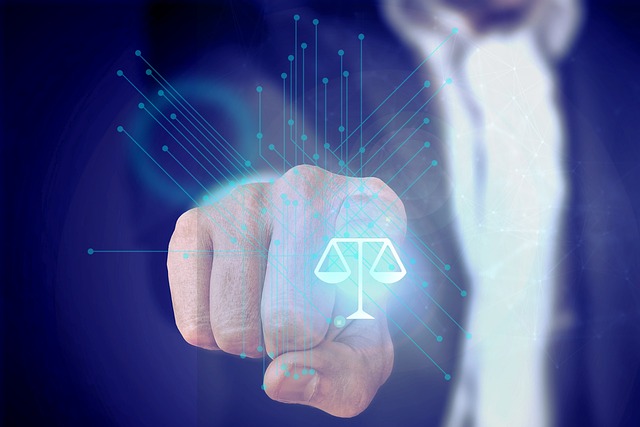
Regulatory fraud laws protect against deceptive practices with severe consequences. Businesses build…….

Building a robust defense against false accusations is vital for protecting reputations and securing…….

Facing false accusations in criminal law can be devastating, but understanding the legal framework i…….